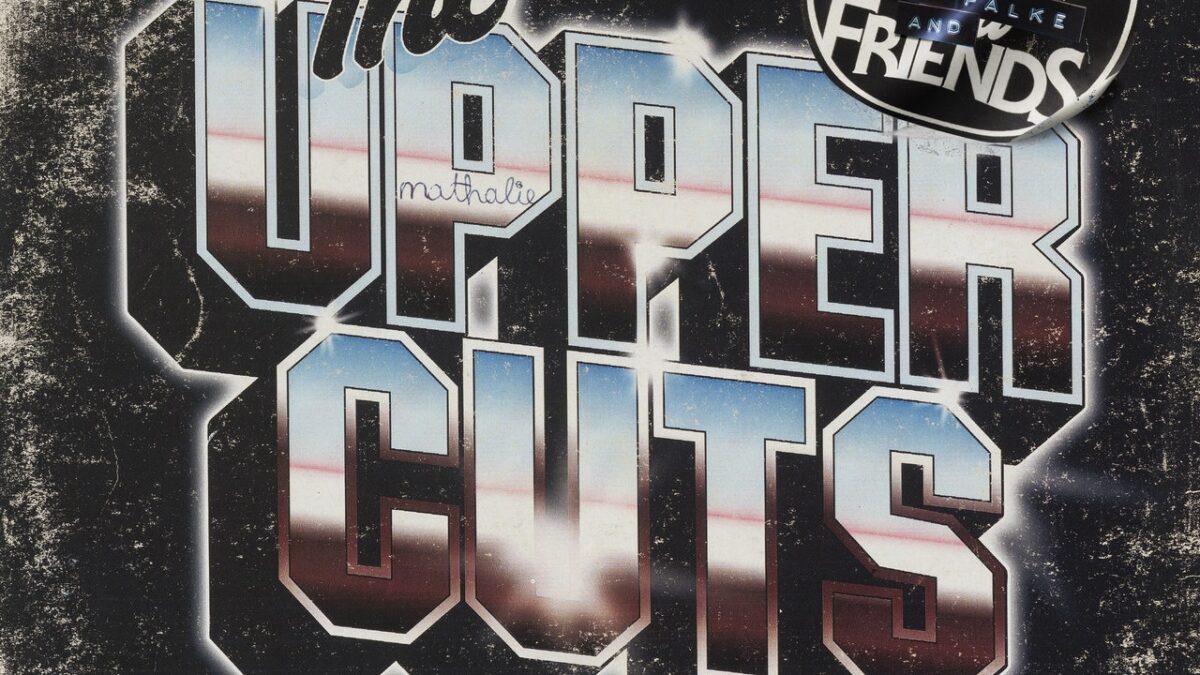
The profound economy of Braxe’s production is apparent from the first song on The Upper Cuts, 2000’s “Most Wanted.” The track opens with a 16-bar loop of kick drum, laser chirp, and the faintest hint of conga, distilling the entire pantheon of disco into a three-syllable koan. When the song’s central synth riff finally drops, it’s shrouded by a band-pass filter, muting both the high and low frequencies, and setting up a delicious hit of dopamine every time he lets the full spectrum come flooding back in. That’s it. That’s the whole song.
Unlike Daft Punk, Braxe was not unduly influenced by Chicago—at least, not Chicago house. But Chicago the band? Feathery soft rock of their ilk is key to Braxe’s sentimentalist menagerie. “In Love With You” (the lone single credited to the Paradise, Braxe’s duo with singer Romuald Louverjon) is a starry-eyed homage to 10cc’s “I’m Not in Love” borne aloft on airy choral pads, chrome-plated electric piano, and full-throated ardor, while “You’ll Stay in My Heart” takes its stylistic cues from middle-school slow dances. Seventies AOR is a major touchstone: Braxe’s beats are blocky things, heavy on big, backbeat snares, thundering toms, and skull-thwacking cowbell so prominent that it verges on parody. “Arena” slathers a drum solo in gargantuan reverb, audience chants, and ersatz applause, a clever simulacrum of oversized stadium rock that is both slyly funny and slightly uncanny, like a concert in the metaverse.
“Arena” and the similarly hollowed-out “Intro,” which are mostly just drums, are outliers in their percussive, monochrome palettes; Braxe’s signature is his luxe, sensual use of harmony. His chords are opulent yet efficient machines for the delivery of emotion; he’s fond of unexpected modulations that catch you off guard, no matter how many times you’ve been through the changes’ slalom curves. Much like his teasing use of the filter, Braxe’s counterintuitive chord progressions—like the giddy twists and pivots of the new wave-flavored “Rubicon,” the album’s exuberant highlight—deliver a concentrated burst of pleasure with every wrong-footing resolution.
But even when Braxe nods to rock or pop, these remain tracks rather than songs, anchored in the dance-music continuum. When there are lyrics, they’re a pithy hook. There are no verses or choruses or bridges; each track’s arrangement is reduced to a single set of changes cycling ’round until the cows come home. Even the Chaka Khan-sampling “Music Sounds Better With You,” which spent two weeks at No. 2 on the UK pop charts in 1998, entertains only the slightest variation to its endlessly repeated chords. The basic measure of unit in all these songs is the loop. The loop is fundamental, holy—honed to its essence and tweaked just enough to keep it alive. Braxe’s opening and closing filters give these rigidly repeating sequences the illusion of movement, the way dancing flames may once have allowed cavemen to “animate” static paintings. No wonder the joy he evokes feels so primal.
All products featured on Pitchfork are independently selected by our editors. However, when you buy something through our retail links, we may earn an affiliate commission.














